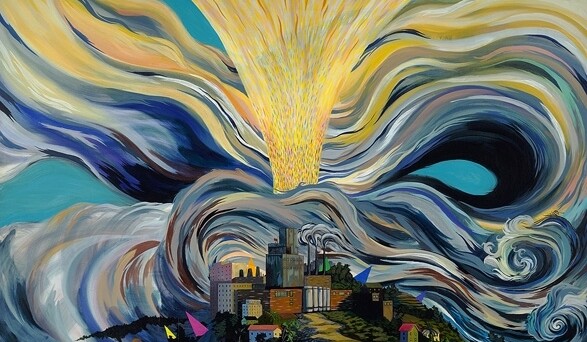Climate change will have highly significant and largely negative effects on human societies into the foreseeable future, effects that are already generating ethical and policy dilemmas of unprecedented scope, scale, and complexity. One important group of ethical and policy issues raised here concerns what I call environmental values. By this I do not mean the impact that climate change will have on the environment as a valuable human resource, nor am I referring to the changing climate as a threat to humans in terms of floods, storms, and droughts, important as these are. Rather, I am concerned with the way climate change—and the policies that may be adopted to respond to it—threatens both things we value and, potentially, some of our environmental values themselves.
Many people value the nonhuman world, or aspects of it, in ways that do not directly concern its usefulness as a resource. One key value is that of wildness or naturalness as understood to mean “human independence,” especially in terms of origin. The U.S. Wilderness Act of 1964, for example, was created to protect places “where the earth and community of life are untrammeled by man.” Many people also value particular places, that is, places that matter to them personally, that form part of family or community narratives, or that are iconic in regional or national histories. Species are also widely valued for reasons other than their actual or potential usefulness: for their beauty, their strangeness, their familiarity, or simply because they exist. Without denying that other values are also at stake, or that such value-laden narratives are open to critique, the values of wildness, species, and place are, nonetheless, culturally important.
Full article free for a limited time! To read, click here.
More in this issue

Fall 2014 (28.3) • Essay
Ethical Enhancement in an Age of Climate Change
The world is dashing toward greater and more devastating climate intensification. Nonetheless, opportunities for moral action abound.
Fall 2014 (28.3) • Review
Just Freedom: A Moral Compass for a Complex World by Philip Pettit
An innovative and resonate work, this book explores new ground in Pettit’s ongoing attempt to articulate the importance of republicanism in the modern age.

Fall 2014 (28.3) • Essay
Who Are Atrocity’s “Real” Perpetrators, Who Its “True” Victims and Beneficiaries?
Modern law’s response to mass atrocities vacillates equivocally in how it understands the dramatis personae to these expansive tragedies, at once extraordinary and ubiquitous.
